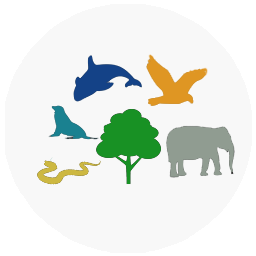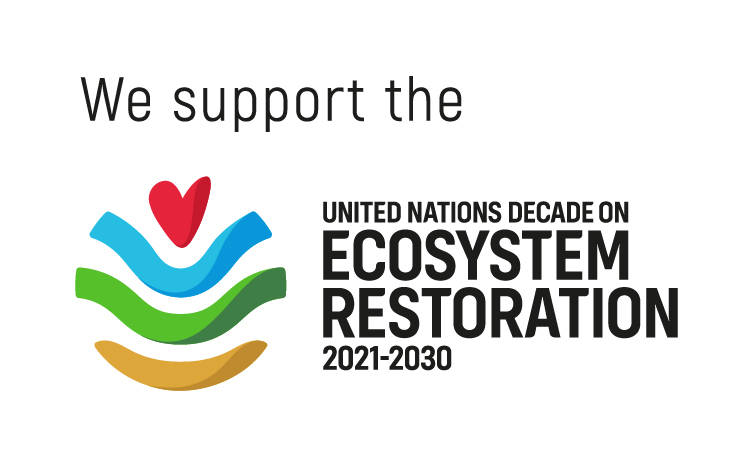Trees for Sun Bears™
West Siang, Arunachal Pradesh, India
Project Purpose
Trees for Forests™ & WildlifeLocation

Plantation of local tree species in the Community land in Disi village, Basar, West Siang District, Arunachal Pradesh, India.

Enhancement of
Biodiversity

Carbon Sequestration

Increase in
Green Cover

Reduction of
Man-Animal Conflict

Generation of
Rural Employment

Improvement of
Wildlife Habitats
Why Trees?
Also known as the Malayan Sun Bear from the bib-shaped golden or white patch on its chest, which legend says represents the rising sun, or Honey Bear because its long tongue makes it efficient in consuming honey, it is the smallest bear in the world, "a stature which suits its arboreal lifestyle and allows them to move easily through the trees" (National Geographic). The IUCN Red List describes it as vulnerable with a decreasing population. Sun bears do not hibernate like cold-weather bears, probably because their tropical habitat can provide food sources year-round.
Out of the eight bear species in the world, India is home to four species: Brown bear, Asiatic or Himalayan black bear, Sun bear and Sloth bear. “Sadly, bears are now fighting for their existence mainly because of habitat degradation and loss, poaching for trade in body parts, crop depredation and conflict with humans," says S.S. Garbyal, Additional Director General of Forests (Wildlife), Ministry of Environment and Forest (LiveMint, November 27, 2012). The sun bear is highly arboreal, that climbs well, feeds on trees and even sleeps on them. It makes its home in the branches of trees and sometimes sleeps in tree nest or on big branches. The omnivorous sun bear relies primarily on fruit and insects in the trees to meet its needs. Its especially long tongue is perfectly suited for getting at honey and insects inside trees and other tight places. Its diet helps in seed dispersal and natural regeneration of forests. “By nature a nocturnal animal that roams around at night hunting for food, during the day its bedding sites consist mainly of fallen hollow logs, standing trees with cavities, and tree branches high above the ground. Habitat destruction caused by clearance for plantation development and illegal logging is a major threat to the small remaining critical population of this species”, stated the World Wide Fund for Nature. Habitat and natural process restoration is one of the conservation actions recommended by IUCN.
A study supported by The Bear Conservation Fund of the International Association for Bear Research and Management titled 'Resource Use and Habitat Utilization of Malayan Sun Bear in Harapan Rainforest, Sumatra' found that "natural regeneration of protected forest and active restoration of degraded forest areas will improve the quality and quantity of habitat available to sun bears, supporting their conservation in this highly threatened landscape." This remedy would apply to Eastern India also.
Flora and Fauna
The animal species found here are Barking Deer, Brush Tailed Porcupine, Asian Elephant, Malayan Giant Squirrel, Monitor Lizard, Wild Boar, Sambar, Himalayan Black Bear, Malayan Sun Bear, Orange-bellied Squirrel, Leopard Cat, Clouded Leopard, and Smooth-Coated Otter. Among birds is the rare Blyth's Tragopan, which can be seen in the region. A flying squirrel, new to science, has also been recently discovered in this district. It has been named Mechuka Giant Flying Squirrel (Petaurista mechukaensis).
Tree Species
Sisir (Phoebe cooperiana), Belam (Baccaurrea sapida), Hilika (Terminalia chebula), Hilum (Cannarium strictum), Buri (Spondius auxillaris) and Taktri (Garcinia indica).
Social Impact
Plantation of the selected indigenous species would improve the wildlife habitat, strengthen the income opportunities of locals and facilitate ecotourism with bird, wildlife and nature-oriented tourism practices. The plantation will help to absorb about 500,000 kgs of atmospheric carbon annually as the trees mature and create about 2,000 workdays for locals in the nursery and planting activity alone.









